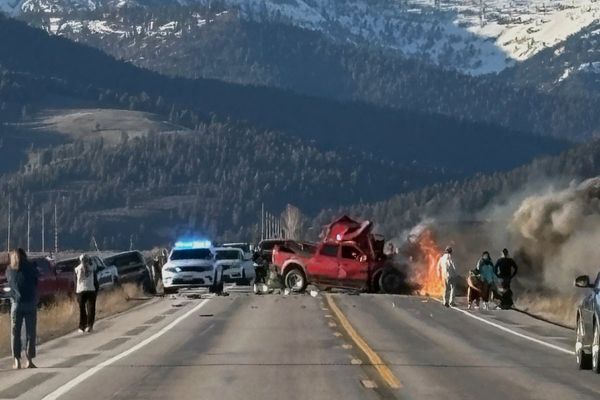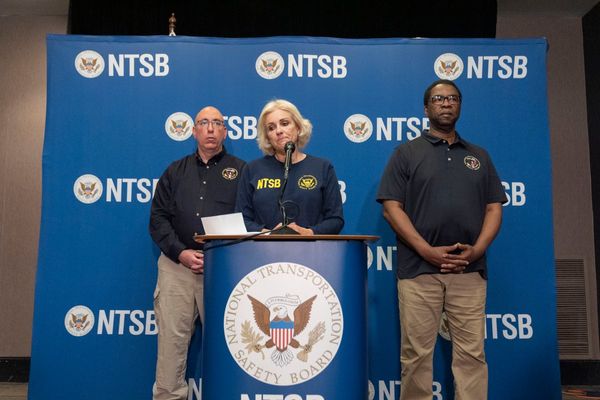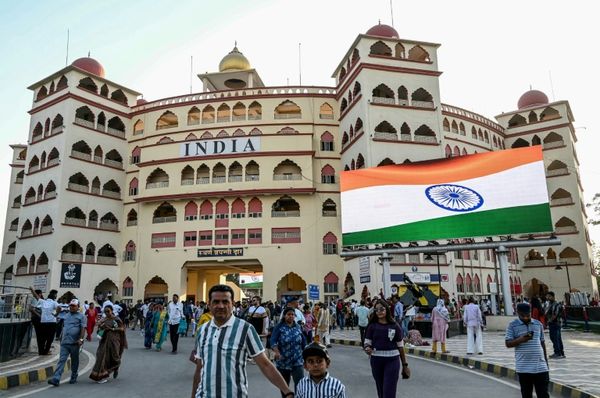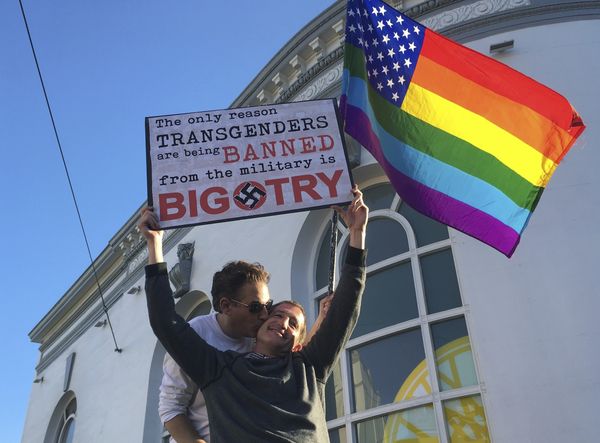
Fourteen years after Russian Ark, that renowned single-take movie journey through the Hermitage museum in St Petersburg, Alexander Sokurov has created another absorbing meditation on art, history and humanity’s idea of itself – this time centred on the Louvre in Paris.
It is a sophisticated, complex film: a cine-prose poem or installation tableau, weaving newsreel footage with eerie floating images above Paris and dramatised fantasy scenes. It has all sorts of wayward digressions and perambulations around the idea of French and European culture, and the role of the museum in conserving art and promoting the idea of what it means to be human.
Francofonia evokes the history of the Louvre from the Renaissance to the present day, and creates playful acting vignettes from historical and mythic figures required to roam the Louvre’s corridors. But the key historical point of Francofonia is the catastrophe of 1940 and the Nazi invasion of Paris. A German apparatchik called Count Franz Wolff-Metternich (played by Benjamin Utzerath) is assigned the job of assessing the extent of the treasures that had been removed from the Louvre and secreted around the country. He is at first a strutting officer, curtly demanding cooperation and indeed collaboration from the museum’s coolly courteous director Jacques Jaujard (Louis-Do de Lencquesaing). Sokurov creates a subtle duel and then a growing understanding and even friendship between the two men. Perhaps Jaujard thought he could civilise Wolff-Metternich. It was not to be. Francofonia is nourishment for the mind.







